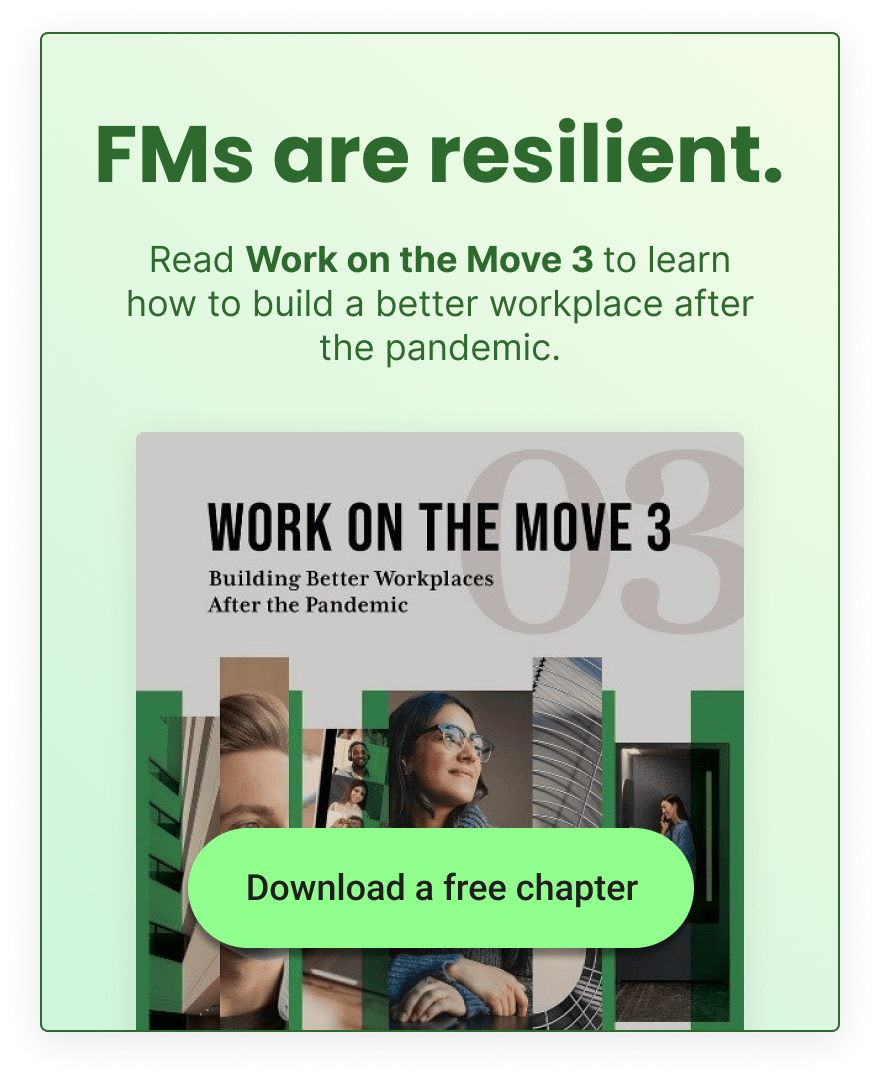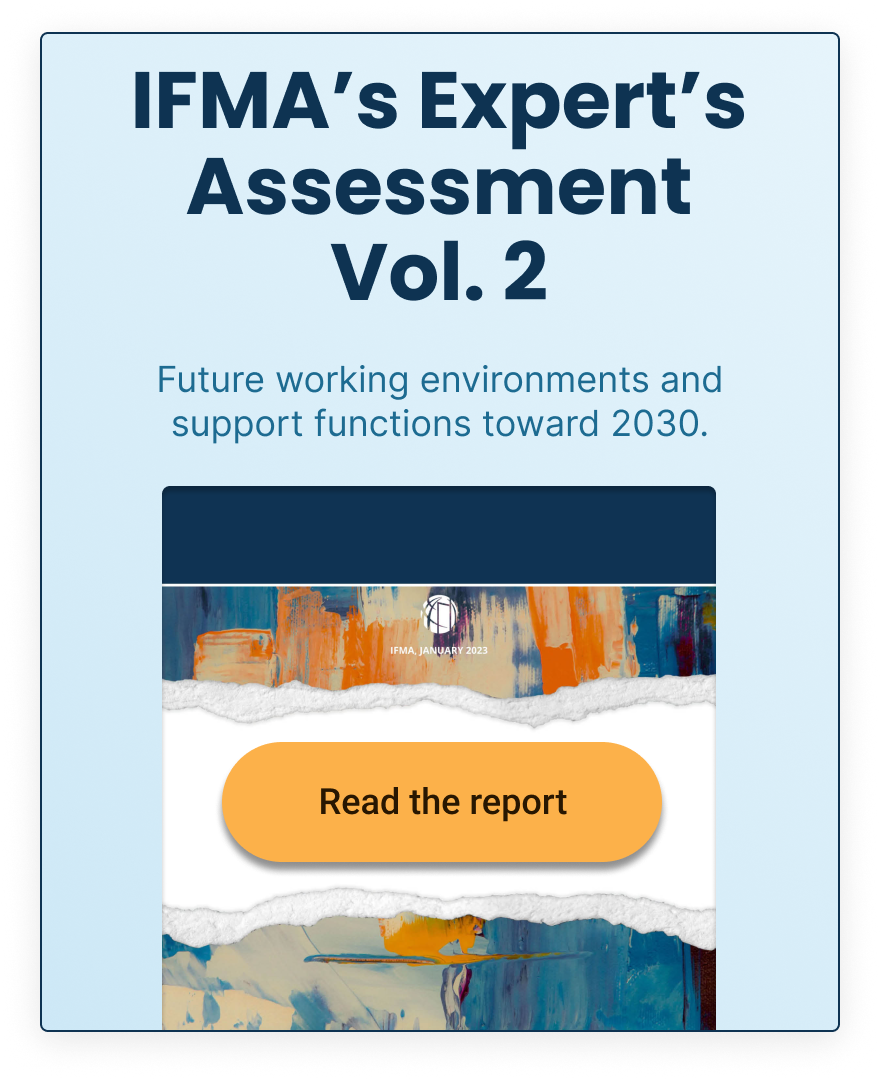Celebrating the Unsung Heroes

As we celebrate another World FM Day, IBM recognizes that successfully managing real estate and facilities is not for the faint-hearted. Balancing the conflicting demands of cost minimization and increased productivity against improving availability, sustainability, and safety is challenging. Today’s FM professional needs a variety of skills to manage facilities in today’s evolving business environment.
Celebrating the Unsung Heroes
As we celebrate another World FM Day, IBM recognizes that successfully managing real estate and facilities is not for the faint-hearted. Balancing the conflicting demands of cost minimization and increased productivity against improving availability, sustainability, and safety is challenging. Today’s FM professional needs a variety of skills to manage facilities in today’s evolving business environment.
Unfortunately, many FM professionals are unsung heroes within their organizations. Some organizations still perceive facilities as static assets requiring minimal attention. Ignoring the opportunity to ensure workspaces are constantly adjusted to enhance collaboration. Missing continual space review and planning to improve utilization. Not aligning strategy with capital planning and lease management to maximize return on capital.
Successful organizations on the other hand no longer view facilities as mere brick-and-mortar but as living embodiments of their organization. A healthy facility—measured by utilization, productivity, collaboration, safety, and sustainability—reflects a healthy organization.
Today’s FM professional must manage the broader picture while attending to the details. Given the numerous challenges organizations face - the return to work, higher interest rates, rising labor and supply costs, more demanding employees, and expanding regulatory and safety oversight – there is growing interest in adopting more integrated lifecycle management approaches. Facilities management today involves collaborating across various internal teams - including HR, accounting, finance, strategy and operations, as well as external entities. A lifecycle management approach improves cost control, increases productivity, enhances workspace interaction, maintains cleaner and safer facilities, avoids unnecessary penalties, improves decision-making, and provides the entire organization with timely information.
IBM supports World FM Day as a reminder not to take our facilities and the professionals who manage them for granted. Collectively, we express our gratitude and acknowledge a job well done.
Brian Sanders
Brian Sanders
Product Marketing Director
IBM Sustainability Software
bsander@us.ibm.com


